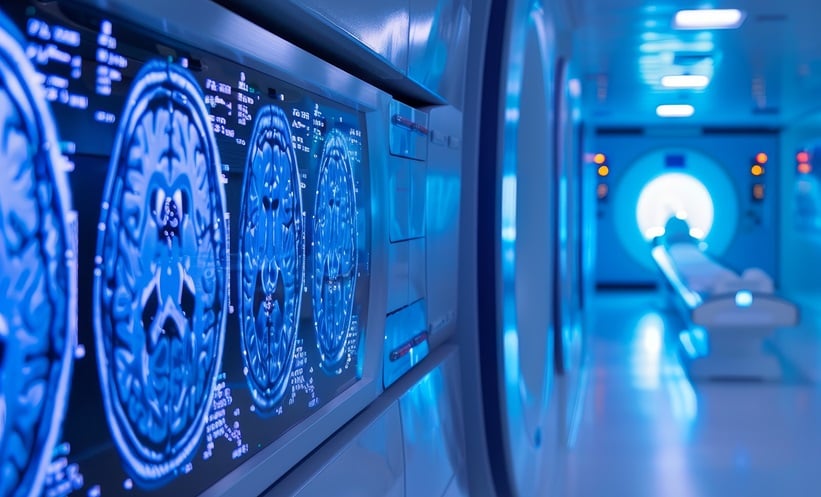A NEW study has identified the DTI-ALPS biomarker as a significant link between glymphatic system dysfunction and vascular dementia. Researchers demonstrated that lower DTI-ALPS scores are associated with impaired executive function, offering insights into the mechanisms behind cognitive decline and potential interventions.
Vascular dementia, the second most common form of dementia after Alzheimer’s disease, is characterised by memory loss, decision-making difficulties, and language problems. It poses a growing public health challenge due to the ageing global population. Although cerebral small vessel disease (cSVD) is a recognised cause, the precise mechanism connecting cSVD to dementia remains unclear. A theory implicates dysfunction in the glymphatic system—a waste clearance network of the brain—and this study, involving over 3,750 participants from diverse cohorts, provides new evidence supporting this link.
The research, conducted by teams at the Keck School of Medicine and MarkVCID consortium, used diffusion tensor imaging along the perivascular space (DTI-ALPS) to assess glymphatic function. DTI-ALPS scores were compared with cognitive test results, specifically executive function, a key indicator of cognitive health. Participants with lower DTI-ALPS scores demonstrated significantly poorer executive function. A mediation analysis identified free water accumulation in white matter as a potential intermediate step, suggesting a pathway where impaired waste clearance leads to white matter damage and subsequent cognitive decline. The biomarker was validated across four diverse groups, enhancing the robustness and generalisability of the findings.
The study establishes DTI-ALPS as a reliable biomarker for vascular dementia, paving the way for future clinical applications. Enhancing glymphatic function through lifestyle changes, such as improved sleep and physical activity, or potential pharmacological interventions, could become viable treatment strategies. While further longitudinal research is needed to confirm causality within the proposed pathway, this work marks a critical step in understanding and addressing vascular dementia. Additionally, these findings may inform Alzheimer’s disease research, where similar glymphatic dysfunction has been observed. The validated biomarker is now ready for integration into clinical trials to test interventions targeting glymphatic health.
Katrina Thornber, EMJ
Reference
Liu X et al. MRI free water mediates the association between diffusion tensor image analysis along the perivascular space and executive function in four independent middle to aged cohorts. Alzheimer’s & Dementia. 2024;DOI:10.1002/alz.14453.








